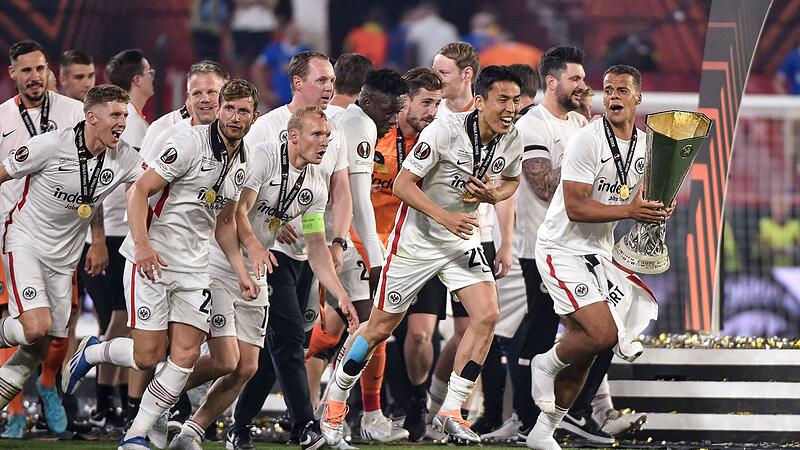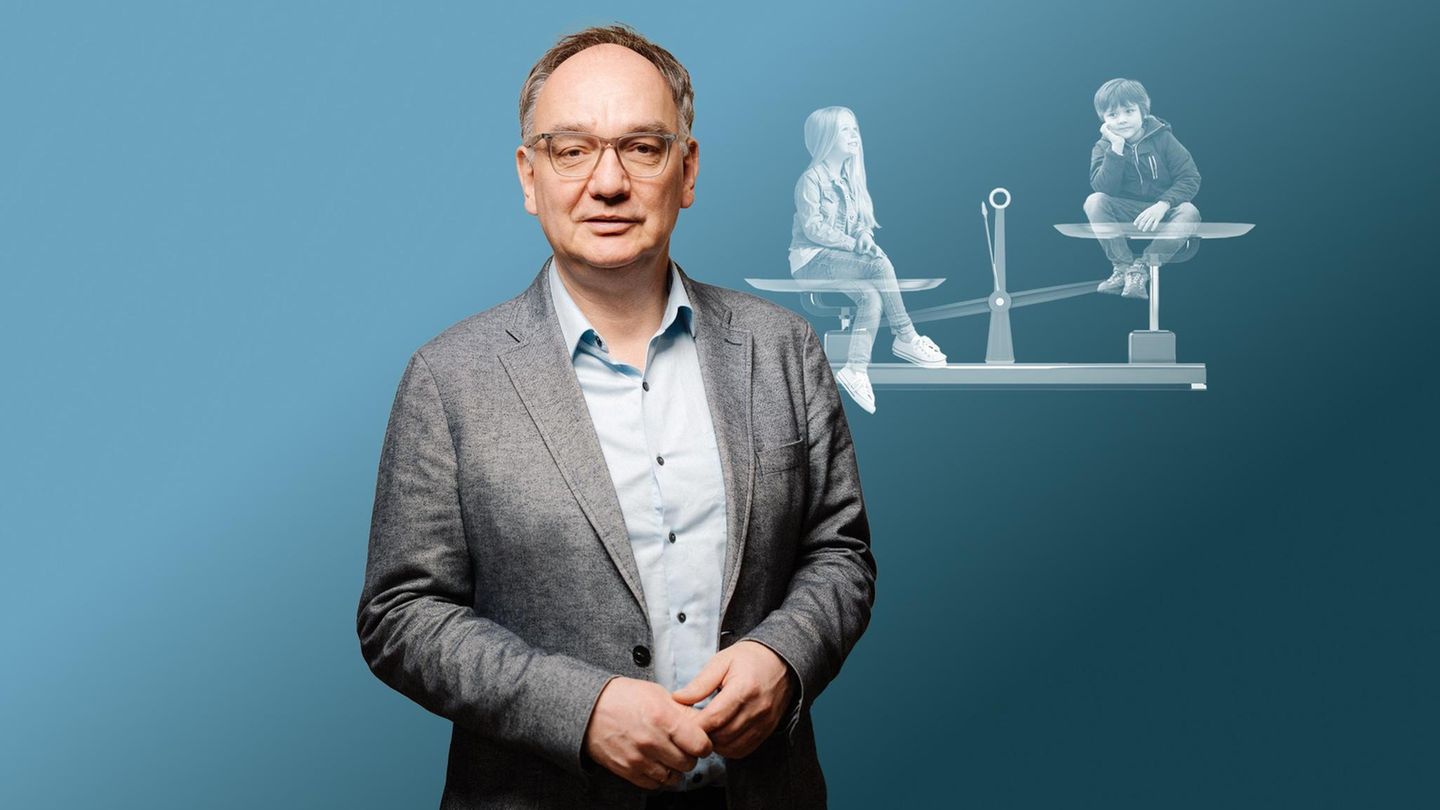“I’m going to let it all out today,” said Oliver Glasner immediately after the greatest triumph of his coaching career. The 47-year-old lifted the Europa League trophy to the skies of Seville after beating Glasgow Rangers 5-4 on penalties. He was the second Austrian coach to win a European Cup competition – before him only Ernst Happel had succeeded in the 1983 Masters Cup with Hamburg (1-0 against Juventus Turin.
The obligatory press conference after the triumph was disrupted: several of his players stormed into the room and gave Glasner a beer shower. A spokesman for UEFA described the action as a “wet surprise”. The press conference continued afterwards, Glasner continued to answer the questions with wet hair and a completely soaked T-shirt.
August 4, 2011 as a turning point
Perfectionist football coach, down-to-earth family man, deserving honorary captain, business administration graduate – many descriptions fit Glasner. Football is his passion – which brought him into a life-threatening situation on August 4, 2011: On that day, doctors at a special clinic in Copenhagen saved the life of the then captain of SV Ried. Glasner complained of dizziness and headaches after headball exercises in the final training session before the Europa League qualifier against Brondby. A subdural hematoma between the brain and meninges required emergency surgery.
Four days earlier, the defender suffered a minor concussion in a league game against Rapid. “I’m assuming that the headers in training then saved my life. Without them, the bleeding might not have been discovered,” said Glasner. The operation was successful, the active football career was over on the advice of the doctors at the age of 36 and after more than 550 battles as Rieder “Viking”.


View picture gallery
The events allow him to be more relaxed about the not always rational football business – which is certainly not a disadvantage in a highly emotional environment like in Frankfurt. The constant inquiries about his future in Wolfsburg did not lure the father of three out of his reserve. He circumvented the required commitment to VfL with humor: A commitment – “like Adi Hütter?” asked Glasner and grinned. This had known to Frankfurt – and moved to Mönchengladbach.
Glasner was to succeed Hütter in Frankfurt shortly afterwards. The Champions League beckoned in Wolfsburg, but Glasner preferred to decide on his next project – also because of a tense relationship with Wolfsburg sports director Jörg Schmadtke. The colors were exchanged uncompromisingly – as once when his departure from Ried to rival LASK made waves.
With a start to success
In the summer of 2015 he switched from the Bundesliga club to the then second division club. With the step backwards, he made a start, but stumbled in the first season: the targeted rise was missed and made up for in the second season. Glasner immediately led LASK to the European Cup and later to second place behind Salzburg. He handed over the athletes when he switched to Wolfsburg in 2019 as a European Cup starter, in Wolfsburg he left after qualifying for the Champions League.
As in Linz and Wolfsburg, it took time for his plan to work out in Frankfurt. Glasner, who already saw the game clearly as a 17-year-old libero, has a clear idea of how his teams should play football. Martin Hinteregger and company failed in the first round of the DFB Cup at a third division team, they only won one of their first ten Bundesliga games – against Bayern Munich. The pressure grew, but the master builder moderated the upheaval convincingly and formed a stable team structure from strong individuals.
Wife encouraged him to take coaching course
Family ties are the greatest asset for Glasner. Without his wife Bettina, who encouraged him to take a coaching course, he would probably not be a football coach. Situational pressing, switching moments, fast play into the top – he has internalized this handwriting as a former assistant coach of Roger Schmidt at Salzburg. In addition, there is meticulousness in defensive behavior, which he owes to his old defender self. The processes are trained again and again, very often by means of video studies. Everyone “knew how the processes are, where the other needs someone where you can help,” said Wolfsburg’s Xaver Schlager.
Glasner directed the film in a persistent but not authoritarian manner. “I don’t lead a monologue and the players fall asleep in the last row,” he told the “FAZ”. “The best teachers are not those who know the most, but those who can best convey their knowledge to the students and get them excited about the content.”
In order to reach his students, he does not shy away from emotional outbursts. When Eintracht played sloppily in the November Europa League, he volleyed the ball that flew into the night sky of Piraeus. The outburst earned him a referee’s warning and a last-minute winning team. Glasner apologized and smiled: “I think I could have met him better.”
“The best thing is when you can make so many people happy”
In Barcelona, Glasner played the emotional keyboard from the other end: After making it into the semifinals (3: 2), he slipped head first onto the pitch at Camp Nou – and ruined his pants in front of thousands of supporters. “For me, the best thing is when you can make so many people happy. The best thing is this praise, this recognition. It’s just wonderful,” said Glasner.
The Hessians’ assault in the Europa League culminated in Seville. “I know that as a group we are exceptional and as a group we can be the best,” Glasner said after the semi-final win over West Ham. In Seville he slipped again – through the trellis of his players. Glasner: “The evening showed that we work as a team. Now we will celebrate with our fans for four days”
Source: Nachrichten




